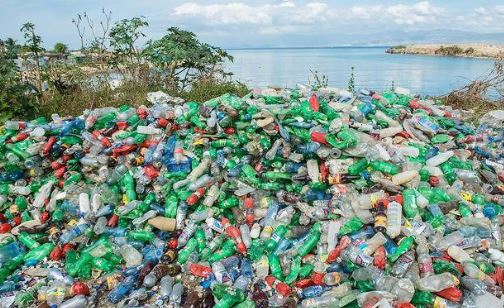
Unless the shipping companies and crew comply fully with rules on reducing marine plastic litter from vessels, the quantity of plastics in the oceans will outweigh fishes by 2050.
The International Maritime Organisation (IMO), said it had received warnings from some scientists on the huge problem in the oceans, and its future impacts on environment.
To guard against this, the IMO has, therefore, adopted an action plan, which aims to enhance existing regulations, and introduce new supporting measures to reduce marine plastic litter from ships.
United Nation’s Environment estimates that 15 per cent of marine litter floats on the sea’s surface, 15 per cent remains in the water column and 70 per cent rests on the seabed.
According to another study, 5.25 million plastic particles, weighing 268,940 tonnes in total, are currently floating in the world’s oceans.
However, IMO’s action plan stipulates actions to be completed by 2025, which relate to all ships, including fishing vessels. The concrete measures and details will be further considered by MEPC 74.
The reduction measures being targeted on behalf of the shipping industry include a review of the application of placards, garbage management plans and garbage record-keeping in MARPOL Annex V.
It is also being proposed to establish compulsory mechanism to declare loss of containers and identify the number of losses; and consider ways to communicate location of containers lost overboard.
Dumping plastics into the sea is already prohibited under regulation for the prevention of pollution by garbage from ships in the International Convention for the Prevention of Pollution from Ships (MARPOL), which also obliges governments to ensure adequate port reception facilities to receive ship waste.

















Comments